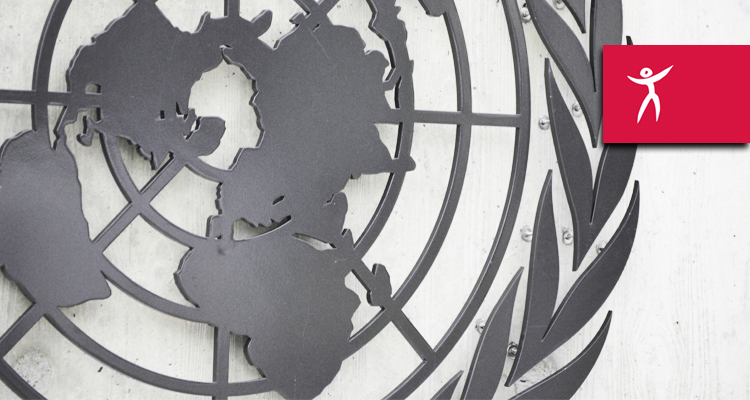
HRC35 | Demand adherence to legal obligations and Council membership standards
If the Human Rights Council is to be the legitimate, influential body that the global human rights situation demands, then States must demand adherence to international standards and legal obligations by HRC members and candidates, ISHR tells the 35th session of the Council in Geneva.
In a statement responding to the UN High Commissioner’s call for greater cooperation with the Council, and his denunciation of States that fail to do so as ‘betraying their people‘, ISHR Director Phil Lynch outlined four key commitments to which all Council members should commit and be held to account.
The full statement is available here and below:
Thank you Mr President.
Article 56 of the UN Charter imposes a general legal obligation on all States to cooperate with the UN, including the Human Rights Council and its Special Procedures, to promote and protect human rights.
As the High Commissioner remarked, pursuant to paragraph 9 of GA Resolution 60/251, members and candidates for the Council also undertake to uphold the highest human rights standards and to cooperate fully with the Council. Paragraph 8 sets out that Members that commit gross and systematic violations should be suspended.
Mr President, we join the High Commissioner in calling on States to cooperate substantively and in good faith with this Council and in compliance with their treaty obligations.
Evidence of gross and systematic violations in Burundi, possibly amounting to crimes against humanity, together with that State’s flagrant refusal to cooperate with a Council-mandated commission and its perpetration of reprisals against civil society actors who seek to cooperate with the UN, is not compatible with Council membership.
The continued repression of civil society in China, including the widespread arbitrary detention and ill-treatment of human rights lawyers, is not compatible with Council membership.
Egypt’s repressive new NGO law breaches the International Covenant on Civil and Political Rights (ICCPR), will contribute to instability and insecurity, and is not the act of a State complying with standards of Council membership.
If this Council is to be the legitimate, influential body that the global human rights situation demands, then we must in turn demand adherence to international standards and legal obligations by its members and candidates.
In this regard, ISHR calls on all members and candidates to publicly pledge to:
- Cooperate fully, substantively and in good faith with the Council and all of its mechanisms and processes;
- Ensure a safe, enabling environment for civil society and consult meaningfully with civil society on positions taken by the State in this Council;
- Desist from, prevent, investigate and remedy all acts of intimidation and reprisal; and
- Commit to and apply objective criteria – such as those elaborated in the joint statement delivered by Ireland at HRC 32 – in determining whether and how the Council should respond to a situation of concern, and take leadership and responsibility in initiating action when such criteria are met.
We further call on all UN Member States to consider these factors when electing Council members at the General Assembly later this year.
The legitimacy, effectiveness and future of the Council depends on it.
Thank you.
Watch the video of the statement here:
Contact: Phil Lynch, Director, ISHR, at [email protected]
